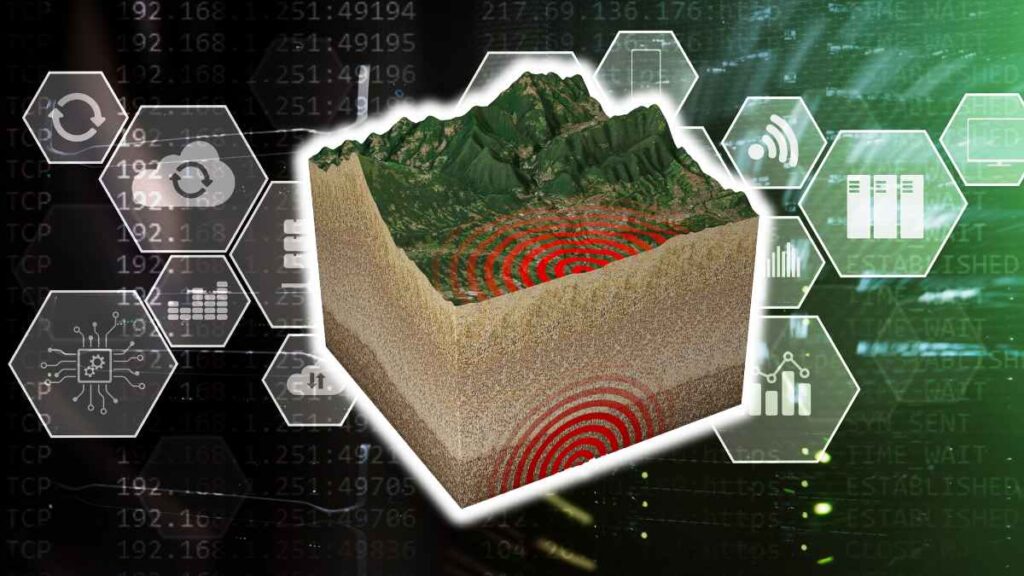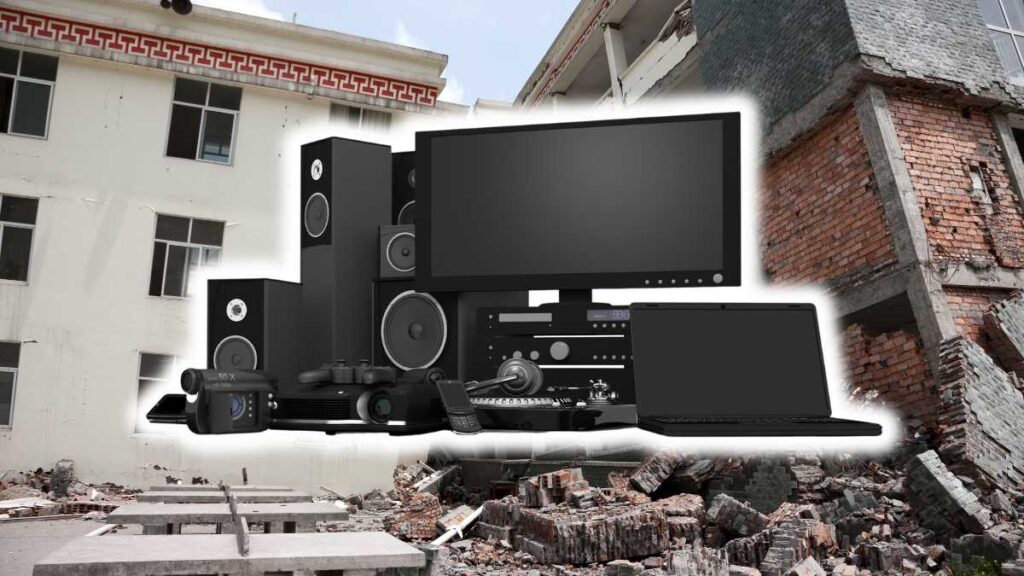Regret is always in the end. Too many times, we could have averted an ugly situation turning into something worse by simply being prepared. When disaster strikes, most of the time it is because we cannot control it. What we can control though is how we act, such as being prepared.
Let us not put ourselves in a situation of regret because we failed ourselves and our families for being ill-prepared.
Mainstream news and shows such as National Geographic’s “Doomsday Preppers” painted us a picture that “prepping” is very laborious, and that preppers belong to the other end of the human spectrum. The excessive display of gears for such extraordinary doomsday scenarios that are least likely to happen put us off of being a “prepper”.
Does pragmatic prepping have to be this way?
Firstly, let us examine some facts –
According to ourworldindata.org, in 2019 alone there were close to about 90 million people worldwide affected by natural disasters such as drought, extreme temperature, extreme weather, wildfire, and hurricane to name a few [1]. The global damage cost is in the upwards $100 million US dollars [2].
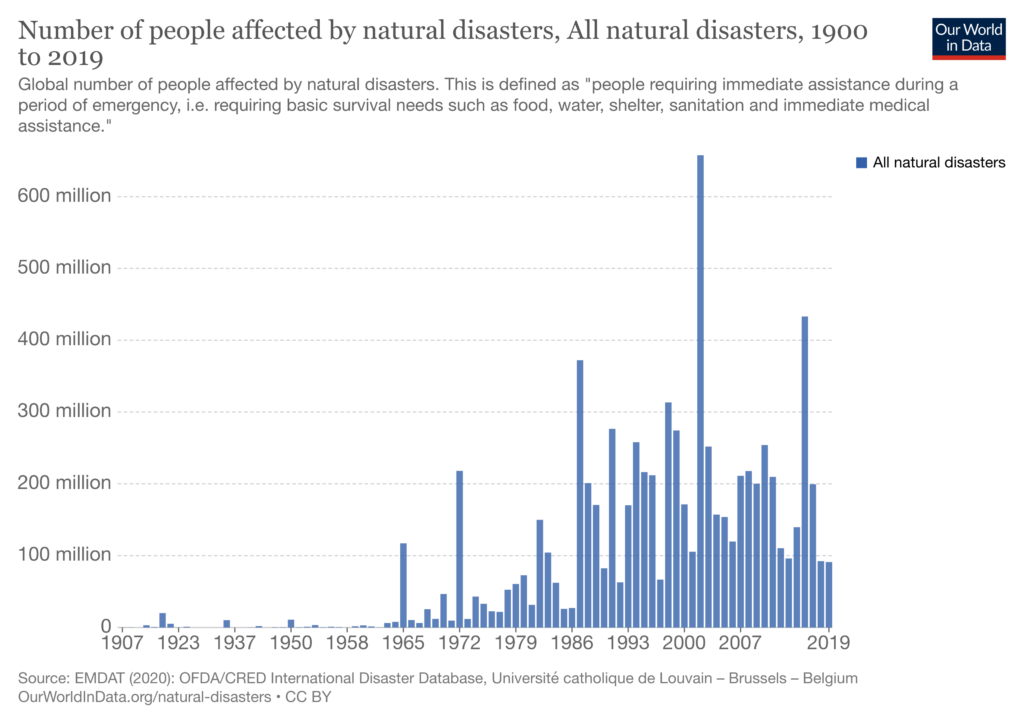
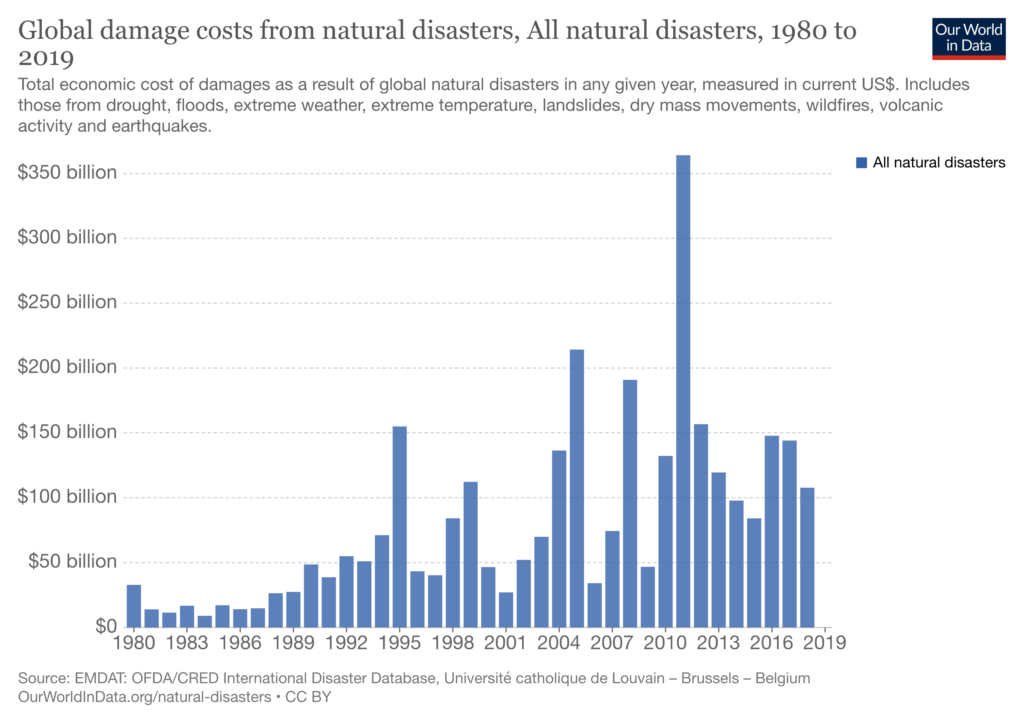
Cardiovascular diseases are the leading cause of death globally. The second biggest cause are cancers. Leading risk factors for premature death globally include high blood pressure, smoking, obesity, high blood sugar and environmental risk factors including air pollution [3].
More than 400,000 people die from homicide each year – in some countries, it’s one of the leading causes. Less than 1% of global deaths are from homicide, but in some countries, it’s as high as 10%. Most victims of homicide are younger than 50 years old [3].
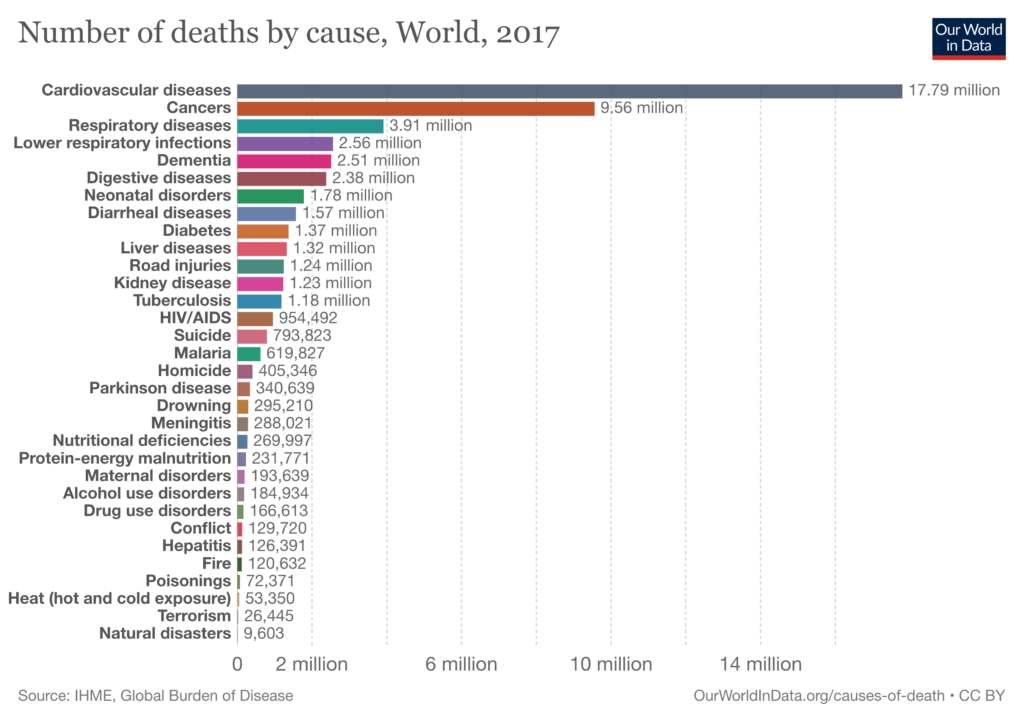
According to the Congressional Research Service, The economic fallout from the COVID-19 pandemic raises the risks of a global economic recession with levels of unemployment not experienced since the Great Depression of the 1930s [4].
The above facts are only a few relevant emergency scenarios that are most real. On the grand scale, there are more types of emergencies such as financial, mental, health and safety, etc. Emergencies come from all over the spectrum.
So, who do you think these emergency situations affect the most? It’s the regular people like you and me.
Therefore it is absolutely vital that regular people devote energy to become pragmatic preppers.
Pragmatic prepping does not have to be hardcore like what we see on TV. Pragmatic prepping is just common sense. It can also mean as a dad’s protection to his family, a mother’s care to her children, and so on. A regular person can become a good prepper.
“Pragmatic prepping is just common sense.”
Prepping with your family can mean identifying the likely emergencies that can hit your area, and creating an action plan and basic emergency kit to prepare against them. (Forget about adding a zombie apocalypse in your list.)
Prepping can mean getting your financial well-being secured by being wise with money, by having insurance, or by having multiple streams of income.
Prepping can mean getting yourself self-defense training.
Prepping is a responsible thing to do. If you haven’t started, I really recommend that you get started.
When you’re prepared, you’ll be more in control during an emergency situation.
So, have you thought about what are the emergency situations you’ll be prepping for?
References:
[1] https://ourworldindata.org/grapher/number-affected-by-natural-disasters
[2] https://ourworldindata.org/grapher/damage-costs-from-natural-disasters



